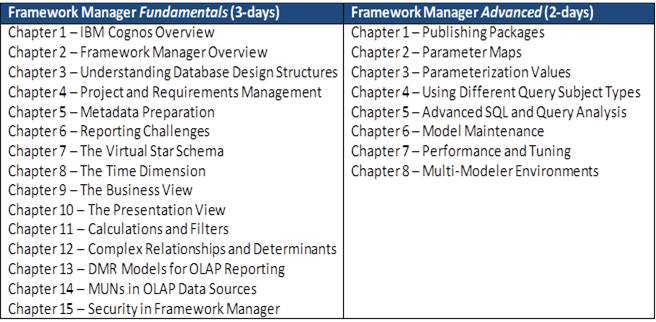Tag Archive for: Business Intelligence
https://www.ironsidegroup.com/wp-content/uploads/2014/10/US-Day-To-Night-Resized.jpg
350
750
Ironside Group
https://www.ironsidegroup.com/wp-content/uploads/2018/03/logo-with-words.png
Ironside Group2014-10-09 10:49:532019-01-22 11:36:23Ironside Tech Tip: Conditional Blocks – Applications and Usages
https://www.ironsidegroup.com/wp-content/uploads/2014/08/Weaving-Loom-Resized.jpg
350
750
Geoff Speare
https://www.ironsidegroup.com/wp-content/uploads/2018/03/logo-with-words.png
Geoff Speare2014-08-29 13:51:442019-01-22 12:12:57Data Warehousing Basics
https://www.ironsidegroup.com/wp-content/uploads/2014/08/Person-Reading-Close-Resized.jpg
350
750
Ironside Group
https://www.ironsidegroup.com/wp-content/uploads/2018/03/logo-with-words.png
Ironside Group2014-08-29 12:58:542019-01-22 13:20:13Business Analytics with IBM Watson Content Analytics
https://www.ironsidegroup.com/wp-content/uploads/2014/08/Archer-Shooting-Resized.jpg
350
750
Ironside Group
https://www.ironsidegroup.com/wp-content/uploads/2018/03/logo-with-words.png
Ironside Group2014-08-01 12:22:262019-01-22 11:37:38Ironside Tech Tip: Managing Performance Metrics in IBM Cognos 10
https://www.ironsidegroup.com/wp-content/uploads/2014/08/License-Plates-Resized.jpg
350
750
Ironside Group
https://www.ironsidegroup.com/wp-content/uploads/2018/03/logo-with-words.png
Ironside Group2014-08-01 10:57:022019-01-22 13:21:26How IBM Cognos Capabilities Are Translated into IBM User Based Licenses
https://www.ironsidegroup.com/wp-content/uploads/2014/06/Drawing-with-Ruler-Resized.jpg
350
750
Ironside Group
https://www.ironsidegroup.com/wp-content/uploads/2018/03/logo-with-words.png
Ironside Group2014-06-11 18:07:172019-01-22 11:41:04Ironside Tech Tip: Standardizing Prompt Names in Report Studio
https://www.ironsidegroup.com/wp-content/uploads/2014/06/Self-Service-Kiosk-Resized.jpg
350
750
Ironside Group
https://www.ironsidegroup.com/wp-content/uploads/2018/03/logo-with-words.png
Ironside Group2014-06-02 12:58:142019-01-22 13:23:52IBM Cognos Solutions for the Self-Service Spectrum
https://www.ironsidegroup.com/wp-content/uploads/2014/05/Ironside-Foyer-Resized.jpg
350
750
Ironside Group
https://www.ironsidegroup.com/wp-content/uploads/2018/03/logo-with-words.png
Ironside Group2014-05-16 05:00:342019-01-22 11:06:48Introducing the New Ironside
https://www.ironsidegroup.com/wp-content/uploads/2014/05/Gantt-Chart-Resized.jpg
350
750
Geoff Speare
https://www.ironsidegroup.com/wp-content/uploads/2018/03/logo-with-words.png
Geoff Speare2014-05-05 16:23:202019-01-22 13:24:15Gantt Charts Using Cognos 10.2.1 RAVE Technology
https://www.ironsidegroup.com/wp-content/uploads/2014/04/Bridge-Frame-Resized.jpg
350
750
Ironside Group
https://www.ironsidegroup.com/wp-content/uploads/2018/03/logo-with-words.png
Ironside Group2014-04-14 14:05:252019-01-22 11:07:30New Ironside IBM Cognos Framework Manager Curriculum Now Available



